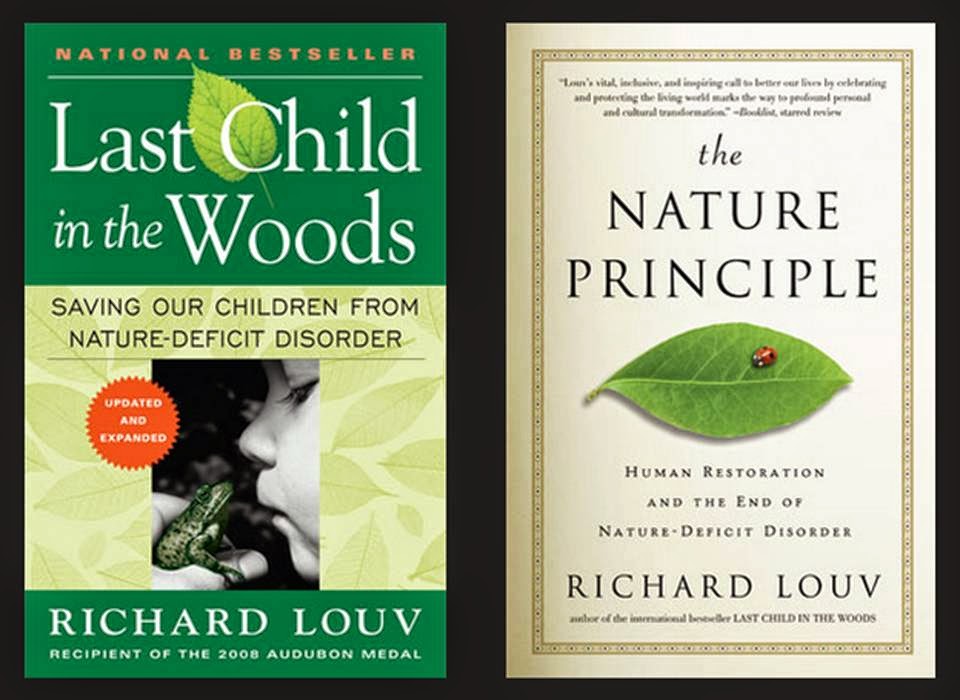Video: Child obesity fuelled by stress response: How stress and the environment influence our decisions about food
“Dealing with stress in a better way is the key to breaking the cycle of stress eating.”~ Deepak Chopra, What Are You Hungry For?
A new study suggests that children who use food as a means to cope with stress are more likely to gain body fat. The link between emotional eating and stress has been well established in adults, but few studies have looked at this relationship in children.
At the European Congress on Obesity, held this week in Sofia, Bulgaria, researchers presented a study connecting children’s stress , hormones, diet and increasing body fat, the CBC reports.
“In a three-year study of about 500 elementary school children, those with high levels of the stress hormone cortisol and who turned to food for comfort gained body fat, Natalie Michels of the public health department at Ghent University in Belgium and her colleagues found.
"’We see the relation mainly in children with a high sweet tooth consumption,’" Michels said in an interview. "’So those who take a lot of sweet foods … these children we see the stress increased adiposity.’"
Increases in cortisol might directly affect body fat, or indirectly influence less healthy dietary choices, the researchers suggest. That said, the Belgian researchers found children with high cortisol levels who didn’t use food to manage stress levels; not surprisingly, those children didn’t gain additional weight.
Image: “Stressed” is “Desserts” spelled backwards
Source: vanessareillytelt.wordpress.com: Christmas stress!
Source: vanessareillytelt.wordpress.com: Christmas stress!
Environmental Effects on Stress
If you’ve been an avid reader of PeapodLife’s blog, you’ll know we are big proponents of the human-environment connection. Sara Kirk, obesity researcher at the IWK Children's Hospital in Halifax, echoes our concerns:
"We need to understand how the environment influences our decisions about food…We need to think about the widespread availability of heavily processed, nutrient-poor but energy-dense foods that are highly palatable. So when we're feeling stressed, we're more likely to reach for those kinds of foods because they're everywhere around us.
…
"One of the things that we really need to get a grip with in society is this environment undermining our health behaviours. Stress fits into that picture, but we have to recognize that that picture is very complex" Sara Kirk, IWK Children's Hospital”
Source: CBC.ca: CBC News: Health: Child obesity fuelled by stress response
It is a very complex picture, indeed. And because it is so complex, PeapodLife believes wholeheartedly that we humans are entirely out of our depth in our attempts to cope with it. There is only one thing that can handle such infinite complexity successfully: the ecosystem.
A high-order ecosystem deals with complexity on orders of magnitude much greater than that faced by us, particularly when it comes to this issue. Why not allow an ecosystem into the living spaces currently infested by all the unnatural, industrial, addictive, and fattening-if-not-downright-toxic-foods?
An ecosystem functions to regulate the root cause of the problem: the stress itself. An ecosystem fills an indoor environment with a mitigating field of freshness, energy and ambiance which helps absorb and “scrub” negative vibrations, while at the same time filling the consciousness with thoughts of more natural, productive, healthy activities.
It’s clear that taking a long walk in the woods or a relaxing bubble bath is a fantastic stress reliever. But child or adult, our busy lives and packed schedules often just don’t permit us such luxuries! Let’s face it: that “quick fix” chocolate bar or bag of potato chips is just too quick, too convenient…too tempting!
Image: You Are Now Entering a Stress Free Zone
Source: innerself.com: InnerSelf: How to Relieve Stress and Live Stress-Free
Source: innerself.com: InnerSelf: How to Relieve Stress and Live Stress-Free
An indoor ecosystem helps nip temptation in the bud by enveloping occupants with a cushion of stress relief. Think of it like a gigantic natural invisible stress sponge, sucking the stress right out of you! The point is, you never even get to the point of craving “the quick fix.”
That’s the genius of PeapodLife ecosystems: they help regulate and manage stress, without directly affecting your activities or schedule. Just go one doing what you need to do: work, school, music, cooking, taxes…whatever. Let our ecosystems take care of you so you care of what you need to.











